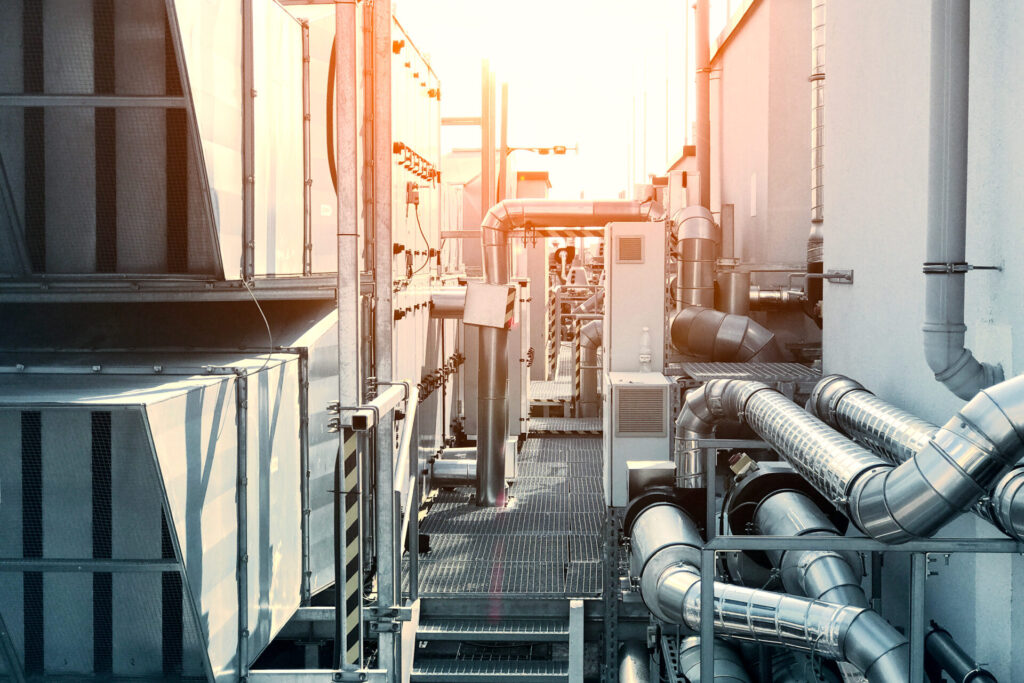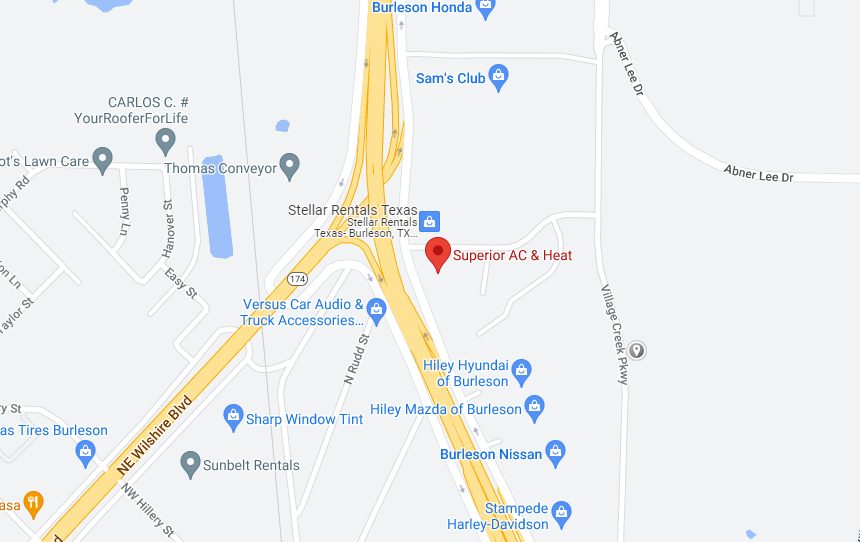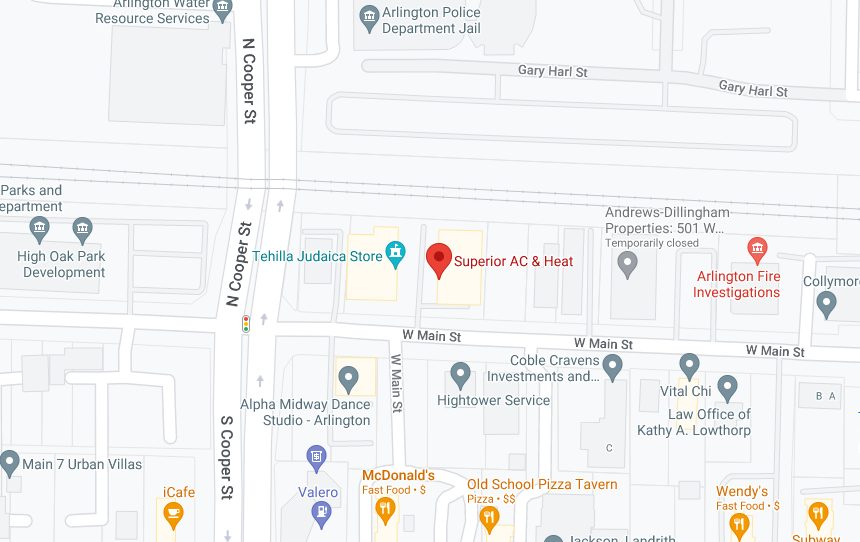Heating Factors For Commercial Buildings
Keeping a commercial building warm is no small feat. Between changes in temperature, occupancy, and the status of your HVAC system, there is no shortage of factors that come into play when your system is working to provide heat. In the midst of a chilly streak during winter, the last thing you want is to realize your building’s heating system has failed to provide heat. Here are five main questions that affect how commercial buildings retain heat and how to take advantage of them:
- How is the building insulated?
- What is the status of the building’s HVAC system?
- Do I need regular maintenance? If so, what kind?
- What are heating zones?
- Is an EMS (energy management system) a good investment?
Building Insulation
Building insulation plays a crucial role in heating a commercial building. A proper insulation setup keeps the heat inside, reduces heat loss and increases energy efficiency. With proper insulation in place, less energy is needed to heat the building, which can lead to lower heating costs and a more comfortable environment for the building’s occupants. By insulating the walls, roof, and floors, as well as any other areas that may be prone to heat loss, your building will have a huge leg-up when it comes to keeping your heating system running efficiently.
Insulation also helps to reduce drafts, improve air quality and reduce the spread of allergens and other pollutants. While it might seem like quality insulation is a big cost-undertaking upfront, the results will provide a great return on investment over time.

Commercial HVAC Systems
Choosing the right HVAC system that will provide energy efficiency for your commercial buildings is crucial when it comes to keeping the building comfortably heated. A commercial HVAC system is designed to handle the larger heating and cooling loads of a commercial building, as well as the unique needs of a commercial environment such as higher usage, more occupants and larger, open areas. The HVAC system for commercial buildings typically includes a boiler or a furnace for heating. For the best results, the system should be energy efficient and have advanced features such as zone control, to allow different areas of the building to have different temperature settings, and programmable thermostats, allowing for scheduling and automatic adjustments.
Regular Maintenance
Regular maintenance of a building’s HVAC system is crucial to ensuring it is operating at peak performance and efficiency. Any time a new fall/winter season approaches, it is a good idea to have your commercial heating system checked to make sure all components are in working order. It might be convenient to assume that just because it was working well at the end of last year, that the heater will kick on as planned when the air gets cold. But few things are more frustrating than walking into work on a cold winter morning, only to find the place frigid, thanks to a heater that never fired up.
Regular maintenance tasks such as cleaning air filters, lubricating moving parts, inspecting the ducts, and checking the thermostat settings will help prevent small issues so they can be identified and fixed before they become major problems. You’ll save on repair costs and minimize downtime so you and your occupants can get back to doing the work that really matters.
Heating Zones
Heating zones are different areas throughout a building that can be set to their own specific temperatures, allowing for greater control over the heating system. This allows for significant energy savings by only heating the areas that are in use, rather than heating the entire building. Utilizing heating zones can also improve comfort as different areas of the building may have different heating needs. For example, a commercial building may have a lobby that is open to the public, while the office areas are used only by employees. By setting different temperatures for these areas, the building can be heated more efficiently.
Energy Management Systems
Implementing an energy management system (EMS) plays a significant role in improving energy efficiency and reducing costs in commercial buildings. An EMS can help monitor and control energy usage, by including sensors, controllers and software that can collect data on energy usage and then provide real-time information on energy consumption and costs. This data can be used to optimize the operation of the HVAC system, helping to reduce costs and keep the area comfortable.
Call Superior AC & Heat For Commercial Heating Needs
Don’t make the mistake of underestimating how important it is to check-in on your building’s heating system. It’s vital that you choose a reliable and reputable HVAC business to make sure the system is correctly installed, maintained, and serviced to ensure its optimal performance and energy efficiency. That’s why Superior AC & Heat not only specializes in top-notch HVAC services, but provides the highest quality of units and materials, attention to detail and a commitment to excellent service. Give us a call today at 214-679-8725 to let us know how we can ensure your commercial buildings remain heated and comfortable through every winter.




